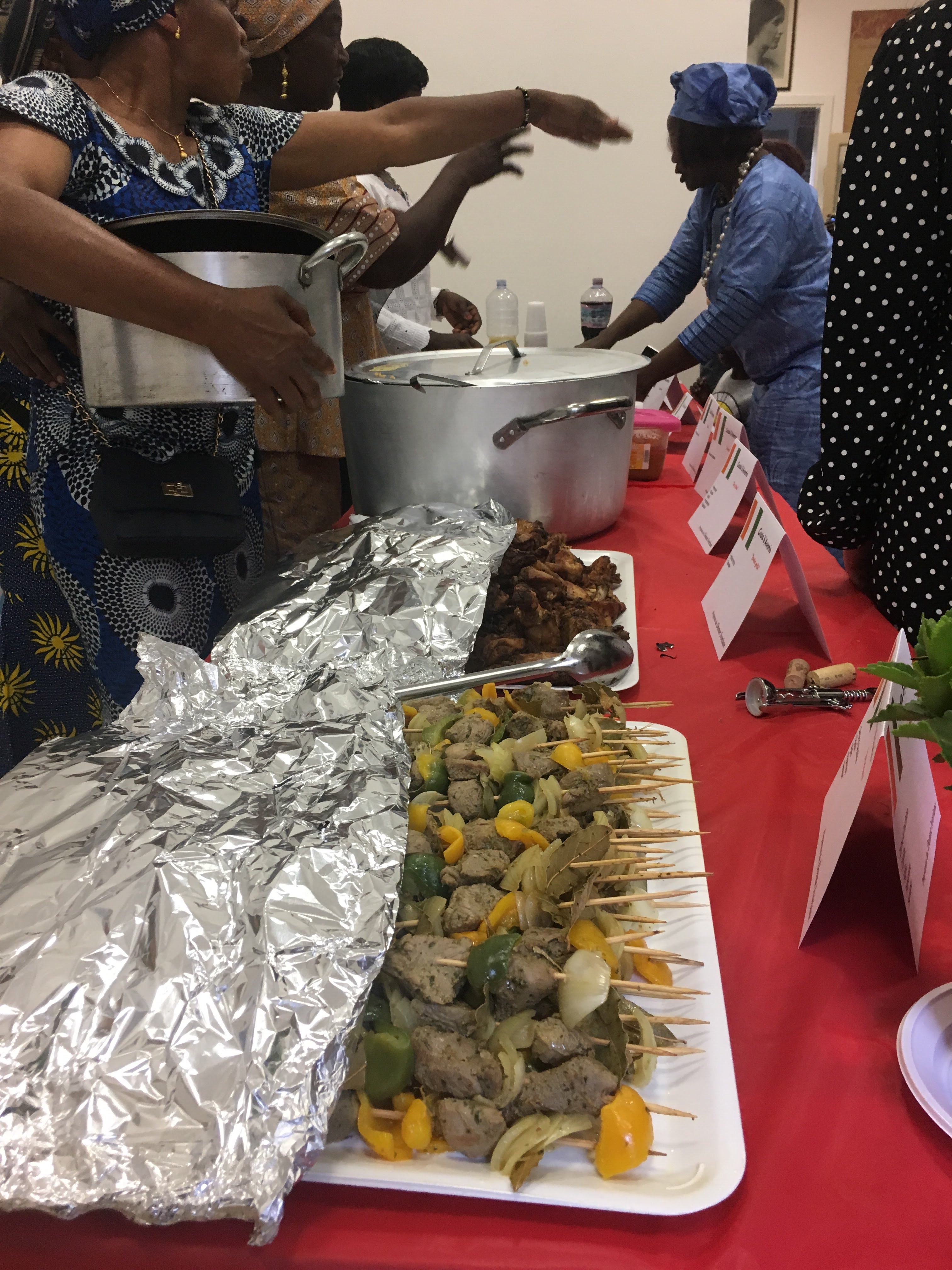[:en] Human trafficking has become a global concern; it affects every continent and every type of community and economy. It has become a significant problem considering 161 countries are reported to be a source for human trafficking, a transition or destination countries for human trafficking. There are many challenges that exist in helping the women that are being forcibly trafficked into Italy, but here, in Palermo, I had the opportunity of meeting some amazing people and NGOs that are trying their best in assisting them into changing their life.
Human trafficking has become a global concern; it affects every continent and every type of community and economy. It has become a significant problem considering 161 countries are reported to be a source for human trafficking, a transition or destination countries for human trafficking. There are many challenges that exist in helping the women that are being forcibly trafficked into Italy, but here, in Palermo, I had the opportunity of meeting some amazing people and NGOs that are trying their best in assisting them into changing their life.
Among the first organizations we have been involved with was Donne di Benin city – at the ceremony to honor Oba of Benin City, who invoked his power as the spiritual leader of Benin kingdom to nullify all the oaths of secrecy administered on all victims of human trafficking and urged them to speak out and seek assistance.These women mostly survivors of human trafficking and forced prostitution, aim to offer mutual support and alternatives to the other victims , their effort is also to create a network with other organizations to empower the women, so that they can control their own life.Many of the women first forced to prostitute themselves now do a bit of everything: they create tailoring works with reuse materials but also catering, Nigerian and African ethnic cuisine, traditional dances and songs and typical hairstyles.
Another amazing NGO that reached out on helping the victims of sexual trafficking is Sartoria Sociale – an organization that trains and eventually employs those women that are seeking a job in tailoring. Sartoria is a beautiful business model: they receive donations in form of textiles and clothes which they reuse, change or modify from scratch,having also 5 permanent employees such as social workers and teachers . Not to mention that they are backed by own funds and European projects, and the place they are using right now is a space confiscated from the Mafia.
What shocked me the most when I got to Palermo and I started volunteering was not the aggressive approach of the human traffickers nor the unstable and violent environemnt but the compassion of the people trying to help the ones in need, the resistence that they show despite all the obstacles they had to overcome. For all this, it is truly justified that this project is called IRETI. In Yoruba, ireti means hope.
[:]


Comments are closed